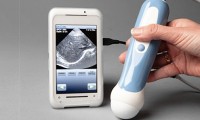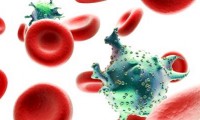-
FDA warns UVLrx Therapeutics over clinical trial missteps
- Source: massdevice
- 1,054
- October 26, 2017
-
Alector and AbbVie Announce Collaboration to Advance a Novel Class of Immune Therapies for Patients with Alzheimer’s Disease
- Source: finance.yahoo
- 915
- October 26, 2017
-
Gemini Reels In $42M to Target Root Causes of Age-Related Blindness
- Source: Xconom
- 637
- October 25, 2017
-
AbbVie and Harpoon Therapeutics Announce Immuno-Oncology Research Collaboration
- Source: finance.yahoo
- 1,015
- October 23, 2017
-
Britain backs GSK’s gene therapy for ‘bubble boy’ syndrome
- Source: reuters
- 1,243
- October 23, 2017
-
Drug delivery devices market in India to reach $510m by 2023
- Source: medicaldevice-network
- 695
- October 23, 2017
-
Australia’s second largest state edges towards permitting euthanasia
- Source: reuters
- 818
- October 20, 2017
-
Lilly and CureVac Announce Global Collaboration to Develop mRNA Cancer Vaccines
- Source: Finance
- 1,043
- October 20, 2017
your submission has already been received.
OK
Subscribe
Please enter a valid Email address!
Submit
The most relevant industry news & insight will be sent to you every two weeks.













